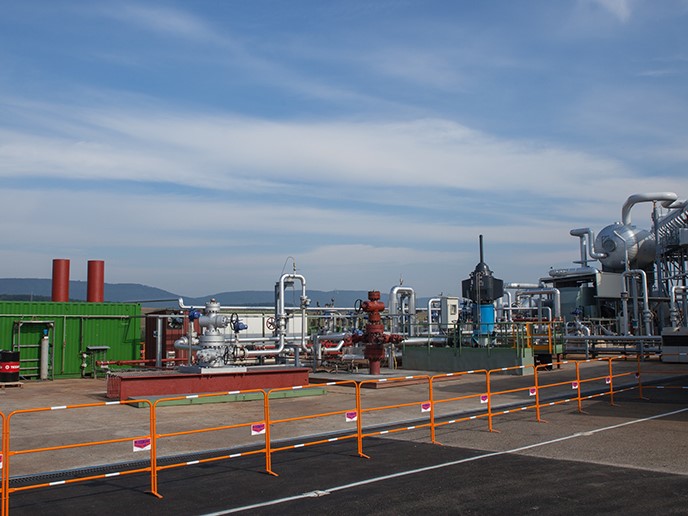
Geothermal energy is a renewable and untapped source of natural energy that comes from the Earth’s subsurface. 70% of the EU surface could potentially perform geothermal exploitation. As such, geothermal energy is a serious and viable contender to help lever Europe into first place as a carbon-neutral continent by 2050. Despite its many advantages, exploitation has yet not reached maximum potential.
To address this challenge, the EU-funded MEET project ending this October, proposed to exploit deep reservoirs and enhanced geothermal systems (EGSs) as a more cost-effective approach. EGSs are geothermal reservoirs enhanced through hydraulic, chemical and/or thermal well stimulation. This approach reactivates natural fractures that are initially poorly permeable as viable reservoirs. The produced water is then used at the surface for power generation and/or heat application.
MEET’s main goal was to gather the knowledge and demonstrate the potential and sustainability of EGS with electric and thermal power generation in all kinds of geological settings with four main types of rocks: granitic (igneous intrusive), volcanic, sedimentary and metamorphic with various degrees of tectonic overprint by faulting and folding across various sites in Europe and other parts of the world.
Fieldwork in the Ardennes in Belgium and in the Harz mountains in Germany allowed the characterisation of the permeability of the metamorphic basement and demonstrated its potential to serve as an EGS site. In EGS plants in granitic settings, the team also demonstrated that lower temperature water reinjection could valorise up to 45 % of additional heat. In addition, innovative chemical treatment of granitic reservoirs in Cornwall in the United Kingdom was recently concluded. The project is finalizing the assessment of the results and its impact in improving production.
Tools to pioneer geothermal energy
MEET has crucially generated a map viewer as a one-stop solution for future projects of deep geothermal exploration. In addition, the Decision Making Support Tool for Optimal Usage of Geothermal Energy (DMS-TOUGE) was developed as an open-access stand-alone application to estimate different important economic indices for a defined geothermal scenario and provide multicriteria decision-making analysis.
The project has helped contribute towards promoting and disseminating results about the value of different geological structures in geothermal energy production. The consortium also established exploitation plans, including a market analysis and identified key actors who will help implement MEET results and move geothermal energy exploitation forward.
MORE INFORMATION
CORDIS project factsheet
MEET project website
- Reference
- H2020-EU.3.3.2. - Low-cost, low-carbon energy supply
- Project duration
- 1 May 2018 - 31 Oct 2022
- Project locations
- FranceGermanyIcelandCroatiaBelgium
- Overall budget
- €11 720 300
- EU contribution
- €9 972 82085.1% of the overall budget
- Project website
- https://www.meet-h2020.com/
- Departments
- European Climate, Infrastructure and Environment Executive Agency
Stakeholders
Coordinators
ES-GEOTHERMIE
- Address
- 26 Boulevard Du President Wilson, 67000, Strasbourg, France
